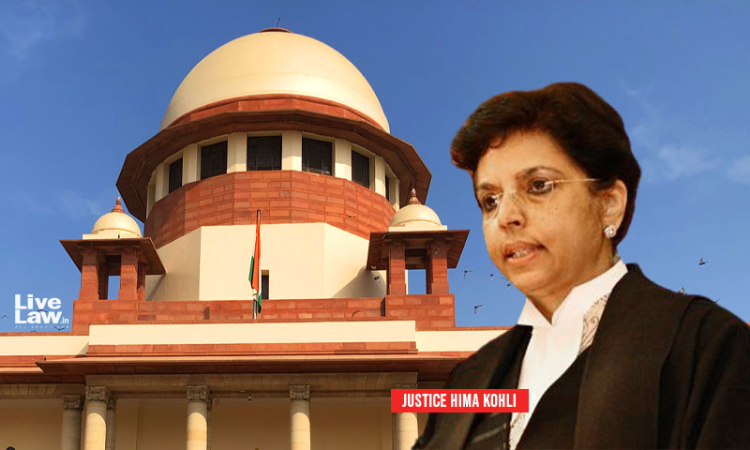'Independence Of Judiciary Is Not Just A Principle But A Moral Imperative': Justice Hima Kohli
Navya Benny
6 March 2023 7:13 PM IST

Next Story
6 March 2023 7:13 PM IST
“Independence of the judiciary is not just a principle but a moral imperative. The relevance of an independent judiciary cannot be overstated especially in a country like India which is not just a ‘Democratic Republic’ but has been described in the Constitution, as a ‘Sovereign, Socialist and Secular, Democratic Republic’,” Supreme Court Judge, Justice Hima Kohli said,...
